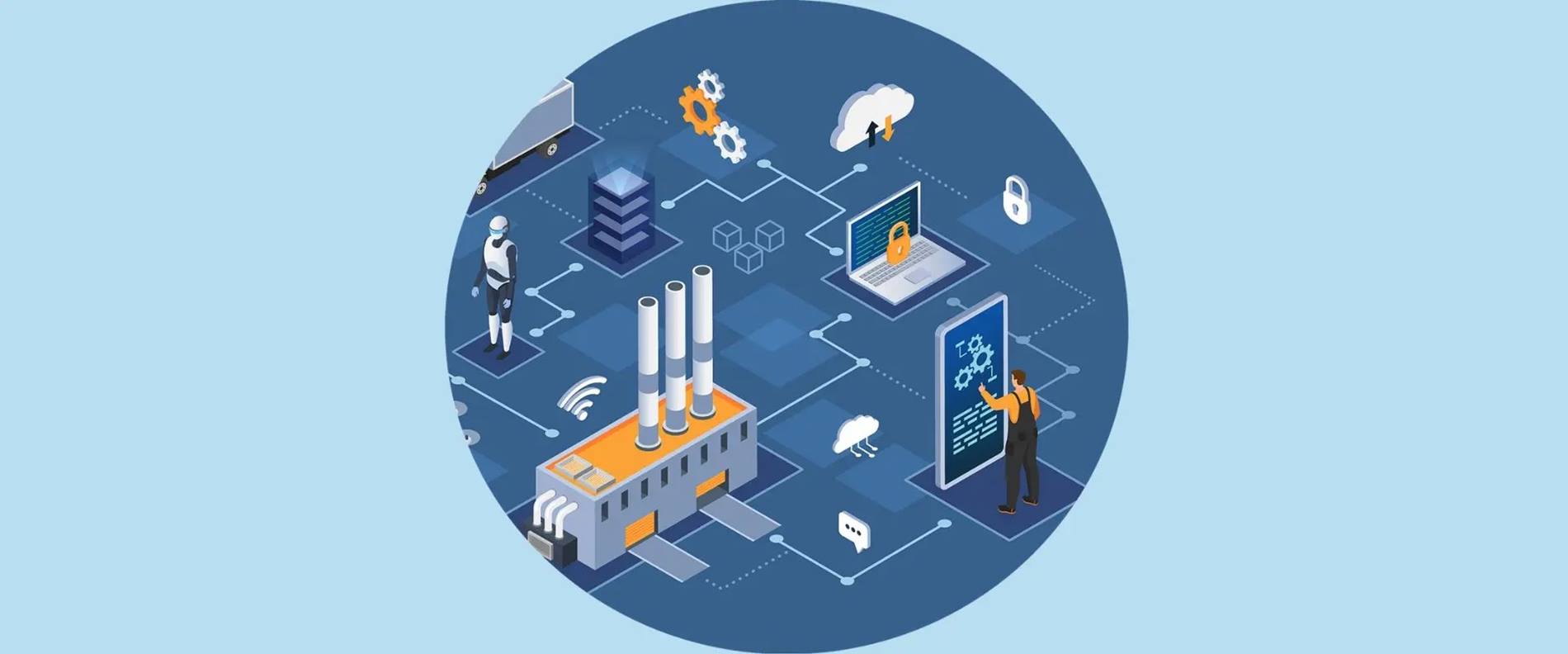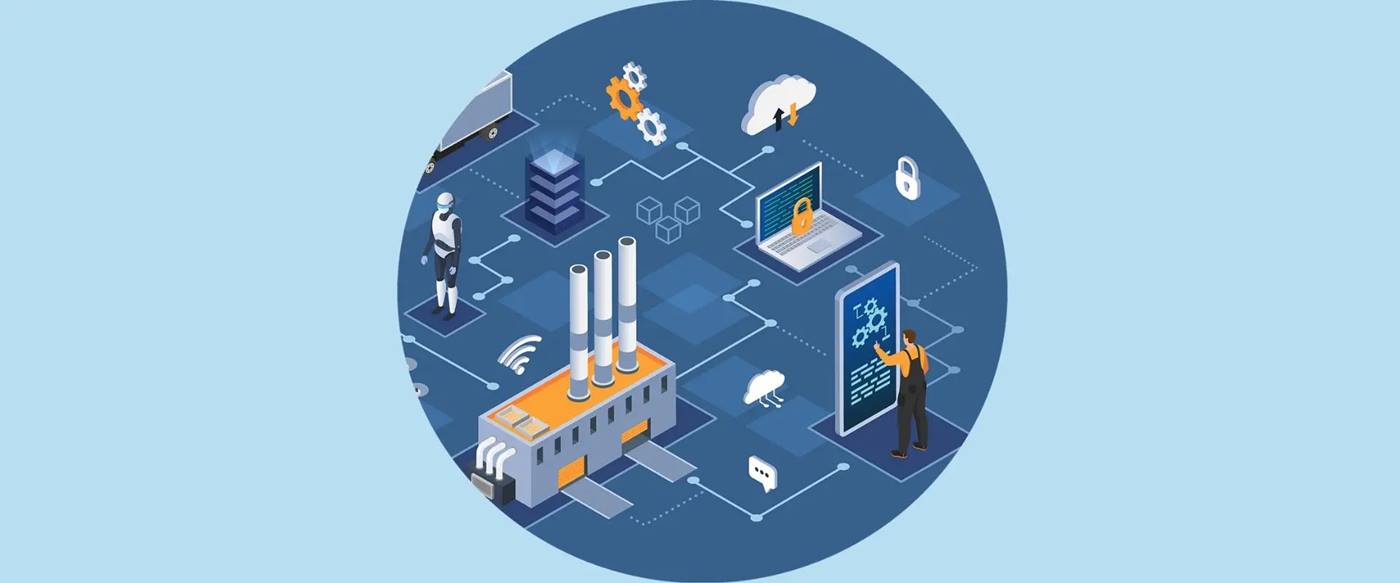
The Asset Administration Shell – a universal tool for data exchange in industry
Companies are increasingly required to exchange data about their products and processes. There have been a few showstoppers so far: data silos, incompatible interfaces, and expensive exchange formats. The new Asset Administration Shell (AAS) standard breaks the Gordian knot. Even better – it’s free of charge.
Here we go again, it’s all about data. Of course, having data is a good thing. But exchanging it as efficiently as possible is even better – and becoming increasingly crucial. This is especially true when it comes to managing information on products, production facilities, and processes in the industry, independent of the manufacturer. Let’s not forget: the upcoming flood of regulatory requirements, like the EU Data Act, ESG standards, supply chain laws, etc., that companies must comply with, has led to a plethora of data management solutions in the market. And that’s precisely the problem. Too many different offerings imply data interfaces that don’t match, create data silos, and necessitate the use of expensive commercial exchange formats. However, there is light at the end of the tunnel: The Asset Administration Shell (AAS), which enables data exchange in compliance with standards.


Here’s how it works: Every product (or component) produced or processed by a company is assigned an AAS file, which compiles all relevant information in a standardized format. Think of it as a special zip file containing all pertinent details. Anyone using the product can access the data without needing to create a separate interface.
Technically speaking, the AAS enhances interoperability by providing clear standards for data models and interfaces. Different assets can communicate and exchange data, regardless of their physical or virtual nature. Interaction occurs through standardized protocols that enable seamless integration into Industry 4.0 systems. And the best part: the software for processing the AAS format is open source, making it freely available.
Find out what happens to the data in the Assed Administration Shell and what advantages this brings in the blog post by our IoT specialist Device Insight:

About the author
Alexandra Luchtai writes regularly about technology innovations, latest projects and market insights around IoT, IIoT and any kind of smart products connected by IoT specialist and KUKA subsidiary Device Insight.










